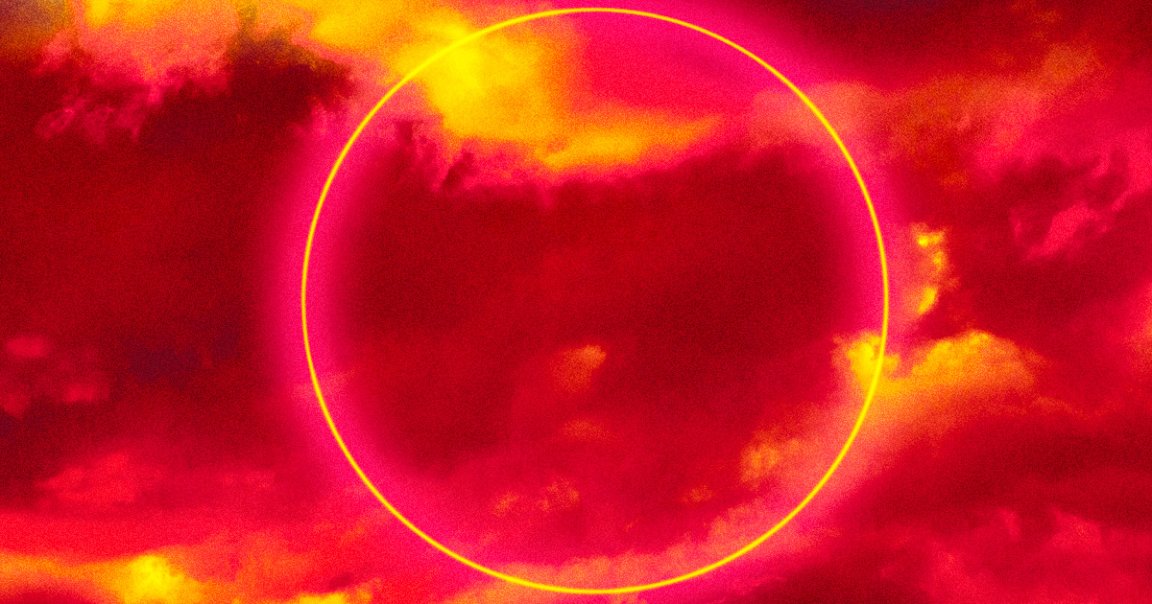
Our solar system is suspended in a delicate balance of massive forces.
Introduce a new terrestrial planet into that equation between Mars and Jupiter, and it could jettison the Earth out of the solar system and end life as we know it, according to a new study published in The Planetary Science Journal, findings that could help us identify other Earth-like exoplanets that can harbor life.
Why Mars and Jupiter? The space between them could better be described as a gap, with Jupiter being unusually far away from the Sun compared to most other gas giants found in other systems. In fact, the gap to Jupiter is so notably large and empty that you might expect to find another world there.
“Planetary scientists often wish there was something in between those two planets,” said study author Stephen Kane, an astrophysicist at the University of California, in a press release. “It seems like wasted real estate.”
Kane’s research addresses another notable gap: the size of terrestrial worlds versus that of gas giants in our solar system. Earth is the largest terrestrial planet orbiting the Sun, but even it pales in comparison to the most meager Jovian planet, Neptune, which is 17 times more massive.
Oddly, this is somewhat unique to our system.
“In other star systems there are many planets with masses in that gap,” Kane explained. “We call them super-Earths.”
Kane was determined to find out if these gaps were significant to our understanding of the solar system’s architecture. Using dynamic computer simulations, he filled in the gap with hypothetical super-Earths of varying masses and locations to see how it would affect other planets.
The influence of just one super-Earth, it turns out, could catapult multiple worlds out of orbit. The problem is not the super-Earth directly tugging on those other worlds, but its tug on Jupiter.
That’s because Jupiter’s gravity is so influential that even a slight perturbation to its orbit from a nearby super-Earth would be felt by every other planet. Earth, Mercury, and Venus would all be tossed out of the solar system, and potentially Uranus and Neptune, too.
Obviously, Earth’s ejection would be catastrophic to life, if not ending it entirely. But even if the super-Earth only slightly affected our orbit, the impact could still be drastic.
The point of the study, though, wasn’t to envision yet another possible doomsday for humanity. Instead, it could help determine the viability of exoplanets harboring life, if they had a relatively isolated gas giant like Jupiter in their system like we do, providing a stable counterbalance to other gravitational influences.
Scientists have long debated the existence of a hypothetical ninth planet secretly lurking in the far reaches of our system. If this study is to be believed, maybe we should be glad we haven’t found it yet — at least not near Jupiter.
More on space: Would You Still Love the Moon If It Was a Worm?